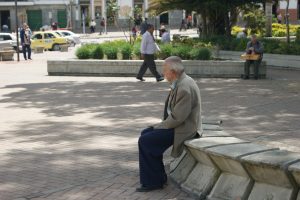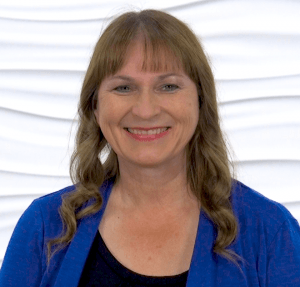Guest Blog: Five Jobs For Seniors That Will Combat Loneliness
While many seniors enjoy leaving the workforce and retiring after years of hard work, some find the transition a difficult and lonely experience, especially those who live alone or far away from family members. It can be hard to get used to filling up the days without work — and co-workers — to help pass the time, and at times it’s equally difficult to create new friendships.
While it can be daunting at first, taking on a new job is a great way to form new bonds and friendships, stay active, and keep living a fulfilling life after a big change. Here are five great jobs for seniors who want to fill their days with people and activity.
Dog-walking
Chances are there are dozens of pet owners nearby who are in dire need of a responsible caretaker for their pets. Rover.com can help you find jobs in your area and will set you up with pet owners for a meet-and-greet. Once you find the job that’s right for you, the site will even handle the financial end of things. And for extra cuddle time with a sweet creature, you can also sign up to be a pet sitter.
Greeter/Hospitality
Restaurants, hotels, and retail stores are just three businesses that require greeters and hospitality, and while the duties vary, this can be a wonderful job for active seniors. It allows you to work with people while maintaining flexible hours, and many stores offer an employee discount on some of their items.
Tour Guide
Museums, hotels, and historical buildings are a few of the businesses that require tour guides, and these will likely offer flexible hours while still giving you the chance to socialize.
Tutor/Music Teacher
If you have experience in education, art, or music, you might consider tutoring or teaching lessons. Check Craigslist.org for job posts and consider advertising your services on social media, or even on a flier at your local supermarket.
Going through such a huge life change can be difficult at first, but there are plenty of jobs available for seniors who need flexible schedules and want to keep loneliness at bay.
Jenny Wise is a stay-at-home mom and home educator. She and her husband decided to homeschool when their oldest was four years old. During their journey, they’ve expanded their family and have faced many challenges. But they’re happy to have overcome each one. Jenny writes about her family’s experiences and homeschool, in general, on her new blog, SpecialHomeEducator.com.






